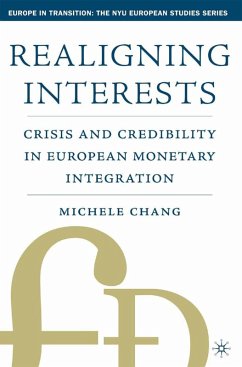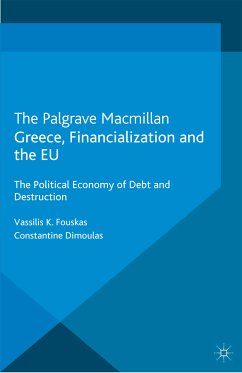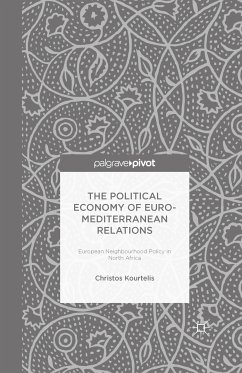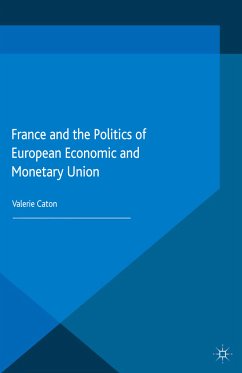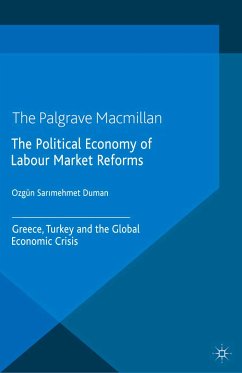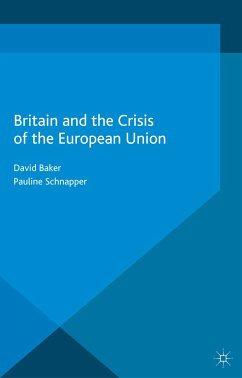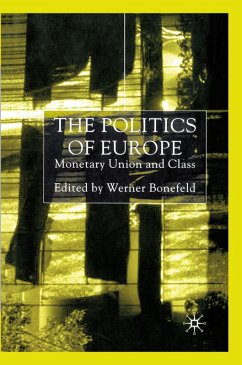Why do currency crises happen? What conditions set the stage for such a crisis? How severe will it be? When will it happen? This book answers these questions, illustrating the points by examining the exchange rate realignments of the European Monetary System. It also shows how balancing the tension between domestic and international politics plays a vital part in a government's willingness to uphold its exchange rate commitments. Michele Chang pays particular attention to the role of domestic elections, since these may prevent governments from credibly committing to a fixed exchange rate and from responding quickly and coherently to market instability, thus encouraging speculation.
Dieser Download kann aus rechtlichen Gründen nur mit Rechnungsadresse in A, B, BG, CY, CZ, D, DK, EW, E, FIN, F, GR, HR, H, IRL, I, LT, L, LR, M, NL, PL, P, R, S, SLO, SK ausgeliefert werden.

